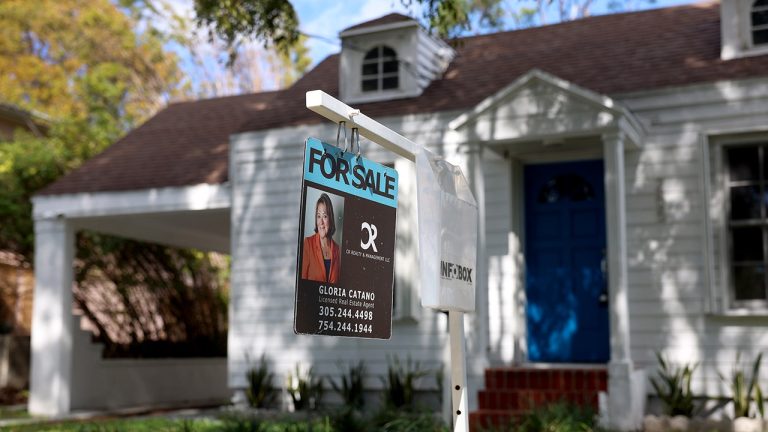
Hundreds of thousands of homes across England and Scotland are thought to be in the wrong council tax band, meaning hard-up Britons could be overpaying while battling the cost-of-living crisis.
Some are paying five times as much council tax relative to their salary compared to residents in other local authorities, the TaxPayers’ Alliance (TPA) has revealed.
Locals in West Devon, the area with the highest burden, pay 10.85 per cent of their median gross pay in council tax.
This is compared to just 2.16 percent in Wandsworth, south London, where the strain is lowest.
Up to 400,000 homes are in the wrong council tax band according to Money Saving Expert.
On the website explained that “100,000s are in the wrong ban” due to “poor valuations in England and Scotland”.
There are two important steps to take when a person wants to challenge their council tax band.
It should be noted that if challenging a council tax band, the review could lead to a property being put in a higher band.
Many homes are in the wrong council tax bands, and have been since 1991
People in England and Scotland could get a rebate as far back as when the council tax band system was set up, in 1993.
Challenging your council tax band
1 People should first check with their neighbours to know if they are in higher or lower band than them.
This only works if their properties are similar. For example
- Type, such as if it’s a terraced house, they should all be terraced
- Size, e.g. number of bedrooms and total area
- Age
- Style and design
2 Next people need to estimate what their home was worth in 1991, as that’s when and how the council tax bands were defined.
Britons can use its price and date of sale to do this.
Once they have that information, they can use it to estimate what their property would’ve been worth back in 1991, and what band it’s in.
People can compare the sale prices to the prices the properties are valued at for council tax.
This list is available on the Government website.
However, there are factors that can reduce one’s council tax band.
The gov.uk website gives the following examples:
- If the property has changed – for example, it’s been demolished, split into multiple homes or merged into one
- If the property’s use has changed – for example, part of it is now used for business.
- If the local area has changed physically – for example, a new supermarket has been built
If someone gets their claim turned down, there are ways to appeal.
If they are living in England or Wales then they can appeal against decisions at the Valuation Office Agency (VOA).
In Scotland, there is an extra step to go through – people appeal to the local assessor first, after which the dispute is referred to the VOA too.







